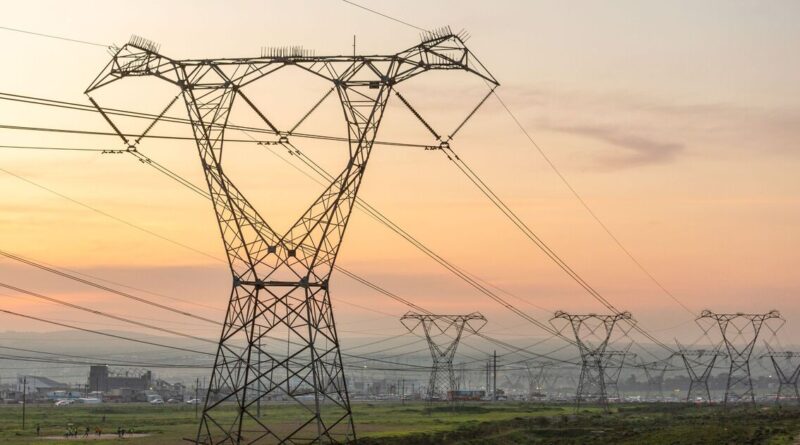Africa’s new £700m project that’s set to power up 2 nations | World | News
Africa is grappling with a significant energy infrastructure challenge and one region of the continent is looking to counter this with an impressive new energy infrastructure project.
The African Development Bank revealed that Africa needs to allocate between £100bn and £130bn annually to bridge its infrastructure deficit.
The continent is also dealing with a financing shortfall ranging from £52bn to £83bn, which hampers both its economic and social progress, due to a continuing energy deficit.
Most African nations are raising capital and attracting investments to tackle this issue by launching ambitious projects in energy, transport, and industry.
West Africa is embarking on a £700m project to boost regional electricity trade, which includes the construction of a 853-mile-long high-voltage power line between Mauritania and Mali with a capacity of 600MW.
The project also encompasses a 50MW solar plant in Kiffa, Mauritania, and the connection of an additional 100,000 households to the grid 80,000 in Mauritania and 20,000 in Mali.
This initiative forms part of a broader regional effort to harness solar energy in the Sahel. It will also establish a link in a proposed power corridor that will connect Mauritania to Chad, traversing Burkina Faso, Niger and Mali.
The African Development Bank leads the development partners, providing robust support for the project. In December last year, both countries’ governments initiated a call for bids on the project.
In January this year, the African Development Bank provided a loan of £230 million to Mauritania and Mali that will aid in the construction of the electricity line.
Two solar plants will be built in Kiffa and Néma, Mauritania, transporting the electricity through the new high-voltage line.
Adalbert Nshimyumuremyi, head of the AfDB country office in Mali, said: “The interconnection will make it possible to develop new renewable energy power stations, whose production will be more integrated into the interconnected networks.
“Bringing them on stream will facilitate access to high-quality, low-carbon electricity at an affordable price. The permanent availability of quality electricity at an affordable cost will strengthen the resilience of the populations in the beneficiary localities.
“In Mali, the project will be implemented in the Kayes region and will benefit 500,000 inhabitants, including 20,000 households in the 50 localities that will be connected to the network.”





